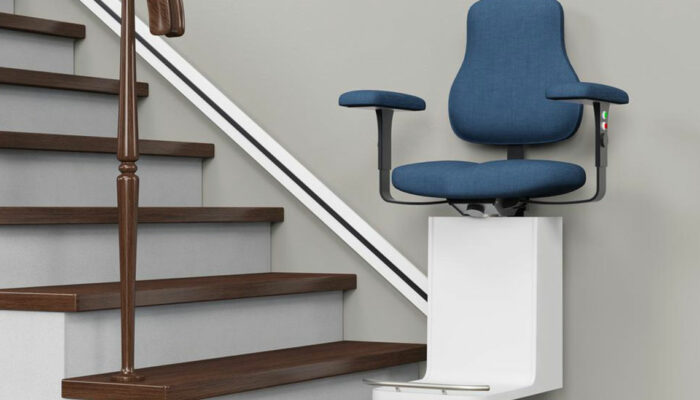Tips for safely using a Stair Lift
Stair lifts are devices to help navigate stairs. Designed for people with mobility problems, it is a useful piece of equipment to travel up and down a staircase.
Stair lifts come equipped with many safety features. When made with quality parts and appropriately managed, these devices are quite safe to use.

However, it is important to use them with caution.
Here are some safety tips for stair lift use.
- Always install the stair lift that is most-suitable for the stair design. Take into consideration all suggestions from the device installer. For special design or functional needs, stair lift companies can customize additional features. The most appropriate design will ensure proper functioning and will be safe to use. Follow the manufacturer’s instructions about proper usage of the stair lift.
- Avoid using the lift with other people on the stairs especially children and pets. Ensure that there are no objects strewn about the stairs. Do not allow children or others to use the lift for play and fun.
- Refrain from transporting heavy items on the stair lift. Stair lifts are designed to carry one person at a time. In case an individual needs to sit in the wheelchair, it is advisable to opt for a platform stair lift.
- Contact with liquid can damage the lift parts. Refrain from carrying any beverage on the stair lift. In case, it is necessary; one can always carry the beverage in a thermos or a lidded cup. In the event of any spillage, contact the manufacturer immediately to ask for any damage-control tips. If the individual notices any snag in the movement of the lift or if there is any crack in the armrests or other parts, don’t use the equipment until the issue is resolved.
- Ensure timely servicing of the stair lift as instructed in the user manual. Doing so can keep the device in top shape and also address any safety issue before it escalates.
Stair lifts are quite safe and easy to use. If the person experiences discomfort while using the stair lift, it is advisable to perform some practice runs in the presence of the family or caretaker.
Disclaimer:
The content of the articles discussing symptoms, treatments, health conditions, and side effects is solely intended for informational purposes. It is imperative that readers do not interpret the information provided on the website as professional advice. Readers are requested to use their discretion and refrain from treating the suggestions or opinions provided by the writers and editors as medical advice. It is important to seek the help of licensed and expert healthcare professionals when necessary.





